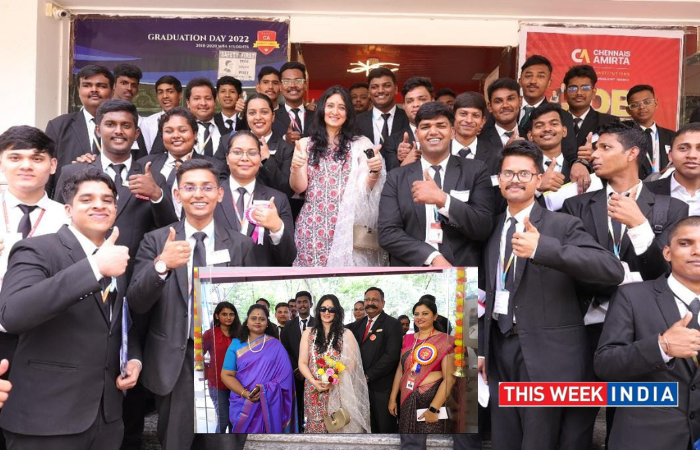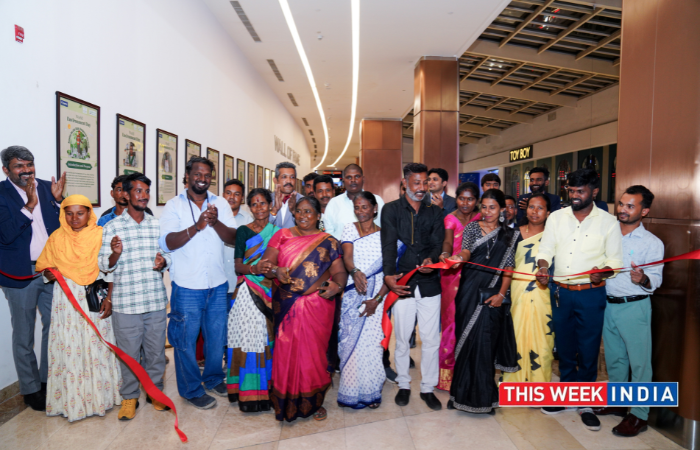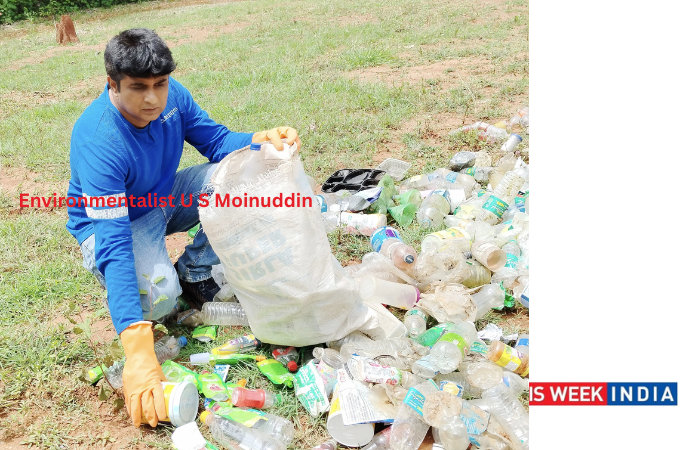State Government’s Policy Reforms Transforming the Retail Segment
Karnataka rationalised its taxation for the premium segment, driving a 37% increase in volumes during September and October 2024
Bangalore, December 2nd , 2024 – India’s alcoholic beverage industry is undergoing a transformative shift as premiumisation emerges as the key growth engine, driven predominantly by India’s demography, rising disposable incomes, global exposures and evolving consumer preferences.
Valued at USD 52.4 billion, the alcobev sector accounts for nearly 2% of the nation’s GDP (FY21), with a robust estimated tax revenue contribution of ₹3.4 lakh crore annually. While the overall spirits industry grew at a modest CAGR of 2.6% from 2019 to 2023, the premium segment surged with double-digit growth, capturing nearly 49% of the market CY 2023 up from 42% CY 2019 This trajectory signals a clear move towards quality over quantity and value over volume.
Commenting on this emerging trend, Sanjit Padhi, CEO, International Spirits and Wines Association of India (ISWAI), said, “Premiumisation is a testament to the evolving aspirations of Indian consumers, especially the ‘Young Indian’. As the industry embraces the rising propensity for premiumisation, it’s unlocking immense opportunities for the consumers and the manufacturers of quality products , redefining the alcobev sector and aligning it with the Make-in-India initiative.”
Scotch whisky is a glaring example that reflects the success of the premiunisation trend, with sales volumes doubling in just three years (between CY 2023 vs CY 2020). Single malt whisky, a prime segment in the premium category, has witnessed a 150% increase in sales demonstrating the shifting preferences of Indian consumers towards higher-quality expressions. Global players, are investing in India-crafted single malts, blending international expertise with local craftsmanship to cater to the discerning Indian palate.
One significant factor contributing to premiumisation in India is the transformation of the retail experience. In larger states, the rapid emergence and expansion of high-end, large-format liquor retail stores offers a diverse range of imported and domestic brands, providing consumers with a plethora of opportunities to explore and experiment new tastes.
Several state governments, such as Andhra Pradesh, Goa, Karnataka, Maharashtra, West Bengal, and Uttarakhand have implemented policy reforms, that are accelerating the growth of premium retail segments.
In Andhra Pradesh, the introduction of new policies led to a 28% growth in premium segment sales year-on-year in October 2024. The state plans to establish 12 premium liquor stores across the state, designed as a distinct category for superior consumer experience. Similarly, Goa’s decision to eliminate additional excise duties on popular Bottled-in-Origin (BIO) brands in FY21 saw sales nearly triple from 54,000 to 1,27,000 cases, with further tax rationalization in FY24, boosting the segment. Karnataka rationalised its taxation for the premium segment, driving a 37% increase in volumes during September and October 2024 compared to the same period in 2023.
In Maharashtra, the duty reduction from 300% to 150% resulted in lowering BIO prices by over 40%, driving market demand and resulting in a 422% volume increase of the BIO segment from 132,000 to 632,000 cases. This generated approximately ₹550 crore in additional revenue to the State. West Bengal set a benchmark with significant tax cuts in November 2021, reducing maximum retail prices by 7– 40%, which led to a 49% increase in volumes and a 61% increase in premium category sales within a year. These changes also bolstered state revenues by 31%, rising from ₹4,055 crore to ₹5,317 crore. Similarly, Uttarakhand’s current policy allows for “Smart Liquor” stores to be set up in malls and departmental stores.
On the state government reforms, Sanjit Padhi said, “ISWAI commends the progressive policies of various state governments, that strike a balance between maximising tax revenues and driving a culture of responsible and safe consumption. The large-format and high-end stores, offers a curated selection of domestic and international brands, transforming the consumer buying experience. These outlets provide safer and more inclusive environments for the young and the elderly consumers.”
International Spirits and Wines Association of India (ISWAI) continues to engage with the States to drive progressive policies to ensure that the consumers get a safe and better buying experience. ISWAI strongly advocates Responsible Consumption and promotes the principle of ‘drink less, drink better’.









